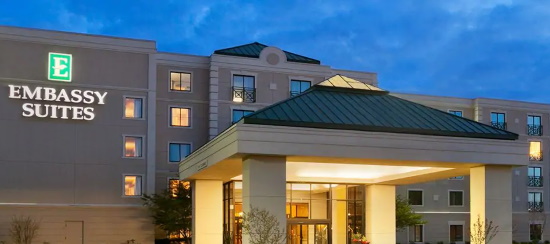Password Protected
To view this protected post, enter the password below:
To view this protected post, enter the password below:

Leave us your email address and we'll let you know when more details have been posted for the 2019 Northeast Regional Lead and Healthy Housing Conference.